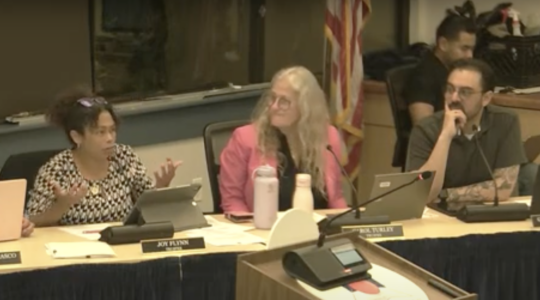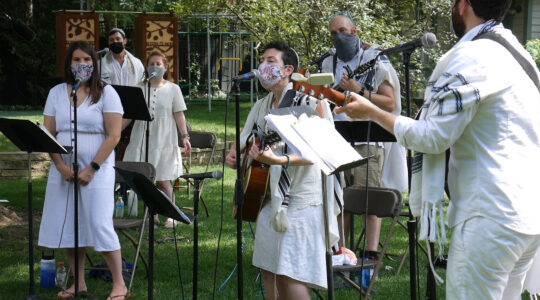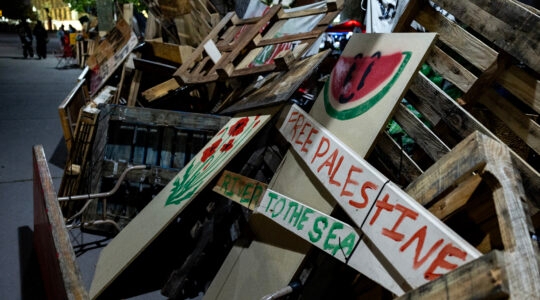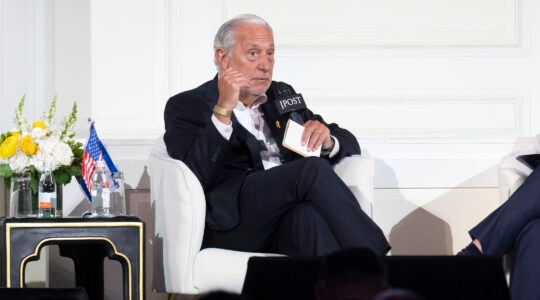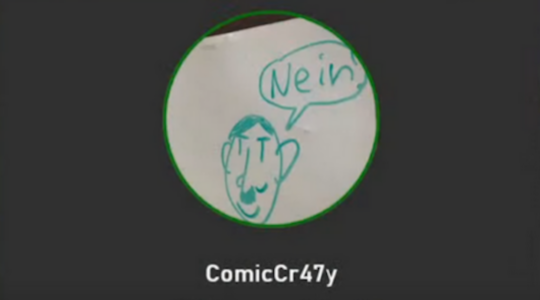NEW YORK, Feb. 7 (JTA) ¡ª An essay that drew scant attention upon its publication is now fueling a growing debate over the contours of Israel advocacy in the United States and a furious backlash against alleged attempts in the Jewish community to stifle criticism of Israel.¡°Progressive Jewish Thought and the New Anti-Semitism,¡± an essay by Indiana University professor Alvin Rosenfeld, accuses several prominent Jews ¡ª among them historian Tony Judt, playwright Tony Kushner and Washington Post columnist Richard Cohen ¡ª of fomenting anti-Semitism through excessive criticism of Israel.The essay was largely ignored when it was released late last year, but a recent New York Times story about it has given new life to accusations that the organized Jewish community has no tolerance for criticism of Israel. It also has galvanized ¡°progressive¡± Jewish groups, who believe it is immoral to remain silent in the face of what they see as Israel¡¯s mistreatment of the Palestinians. ¡°Things are changing,¡± said Phil Weiss, a longtime contributor to the New York Observer. ¡°My perception is that the Jewish community, the Jewish progressives, are feeling licensed and rising up.¡±Weiss announced on his blog Monday that Jewish progressives have become a ¡°movement,¡± citing a number of recent developments. They include the launch of Muzzlewatch, a blog chronicling alleged suppression of criticism of Israel, and the Zionist Organization of America¡¯s failure to have a liberal group ousted from a pro-Israel alliance.Indeed, the essay may be having the opposite of its intended effect. Rather than drawing attention to the threat posed by virulent Jewish critics of Israel, attention has turned to the essay itself and its publisher, the American Jewish Committee, which is fending off accusations that it squashes any dissent from what is depicted as establishment orthodoxy.¡°I think it¡¯s bogus, frankly, and unproductive to characterize my position as one that¡¯s looking to stifle debate,¡± Rosenfeld told JTA. ¡°I¡¯m for vigorous debate at the highest levels and want it to continue.¡±Rosenfeld does not take aim at simple criticism of Israel but rather at what he calls ¡°rhetorical excess¡± ¡ª the kind of out-of-context, exaggerated focus on Israel that makes the nation appear to be a major human-rights violator or questions its very existence.Such thinking is ¡°harmful in its likely effects, for in calling into question Israel¡¯s legitimacy and moral standing, it abets the views of those who demand an end to Jewish national existence altogether and lends a coveted aura of Jewish support to the advancement of this eliminationist goal,¡± Rosenfeld wrote in the essay.The publication escalates the battle over how broadly mainstream Jewish opinion should stretch to accommodate its most liberal fringes. In recent months, a growing chorus of critics has claimed that leading Jewish organizations have marginalized dissenting voices. Political science professors John Mearsheimer and Stephen Walt, who are not Jewish, caused a sensation when they argued in a paper last year that a powerful Jewish lobby prevents criticism of Israel from entering public debate in the United States. Cynics noted that the professors enjoyed prestigious platforms to make their claim that they were being squelched.Judt, who defends the Walt-Mearsheimer thesis, has accused the AJCommittee and the Anti-Defamation League of having his planned appearance in October at the Polish Consulate in New York canceled. Perhaps mindful of that history, the ZOA¡¯s effort to expel the Union of Progressive Zionists from the Israel on Campus Coalition was unanimously rejected by the coalition¡¯s steering committee. The union had sponsored a tour of Israelis who accuse the army of war crimes, which the ZOA said did not fit the coalition¡¯s mission of improving Israel¡¯s image on college campuses. But the AJCommittee, which as a member of the steering committee voted to keep the progressive Zionists in the coalition, now stands accused of trying to intimidate Israel critics by linking their views with the rise of anti-Semitism. AJCommittee Executive Director David Harris said his organization had never tried to silence opponents, nor had it called anyone an anti-Semite for criticizing Israeli policy. But he defended Rosenfeld¡¯s argument that vehement Jewish critics of Israel, wittingly or unwittingly, were contributing to anti-Semitism.¡°We wouldn¡¯t have published it if we didn¡¯t think there was merit to it,¡± Harris said of the essay.Strictly speaking, the report never labels anyone an anti-Semite. But as in the Judt affair ¡ª where the Polish consul interpreted phone queries from Jewish leaders as ¡°delicate pressure¡± even though no overt request was made to cancel Judt¡¯s speech ¡ª those on the receiving end of the criticism say the message is clear.¡°The article is not that delicate about it,¡± said Mitchell Plitnick, director of education and policy for Jewish Voice for Peace, one of the groups mentioned in the essay. ¡°It doesn¡¯t say everyone who seriously criticizes Israel is anti-Semitic, but it¡¯s pretty hard to come away from the article without that sense. The implication is very clear.¡±The AJCommittee study was released in December and went relatively unnoticed until last week, when The New York Times reported it had set the Jewish world ¡°buzzing.¡±At the least, the Times story set such a buzz in motion. Last week, nearly two months after the essay¡¯s publication, the Forward called Rosenfeld¡¯s essay a ¡°shocking tissue of slander¡± intended to silence criticism and turn Jews against liberalism.On Monday, the blowback took on an international dimension with the launch of Independent Jewish Voices, an organization to promote alternative views on Israel from those endorsed by the Board of Deputies, the government-recognized representative of British Jewry.In a letter published in the Guardian newspaper, 130 prominent British Jews alleged that supporting Israel, ¡°the occupying power,¡± over the Palestinians runs counter to Jewish values of freedom and social justice. ¡°We come together in the belief that the broad spectrum of opinion among the Jewish population of this country is not reflected by those institutions which claim authority to represent the Jewish community as a whole,¡± the letter said. A similar group is forming in Australia, and there were signs of a U.S. effort last fall when JTA revealed that billionaire George Soros was considering financing a liberal, pro-Israel group as a counter to the America Israel Public Affairs Committee, the powerful pro-Israel lobby. Considered one of the most effective voices on Capitol Hill, AIPAC has not pressed the Bush administration to be as forceful in pushing Israelis and Palestinians to the negotiating table as some liberals would like. Those connected with the effort have since backtracked, saying they never intended to break with AIPAC. Instead, American Jewish progressives seem intent for now on demanding a dialogue within larger communal institutions rather than breaking off on their own. On the importance of continuing the discussion, those groups are in complete agreement with their critics.¡°The debate is proceeding,¡± Rosenfeld said. ¡°My God, I¡¯m on the air all the time.¡± ¡õ
JTA has documented Jewish history in real-time for over a century. Keep our journalism strong by joining us in supporting independent, award-winning reporting.
